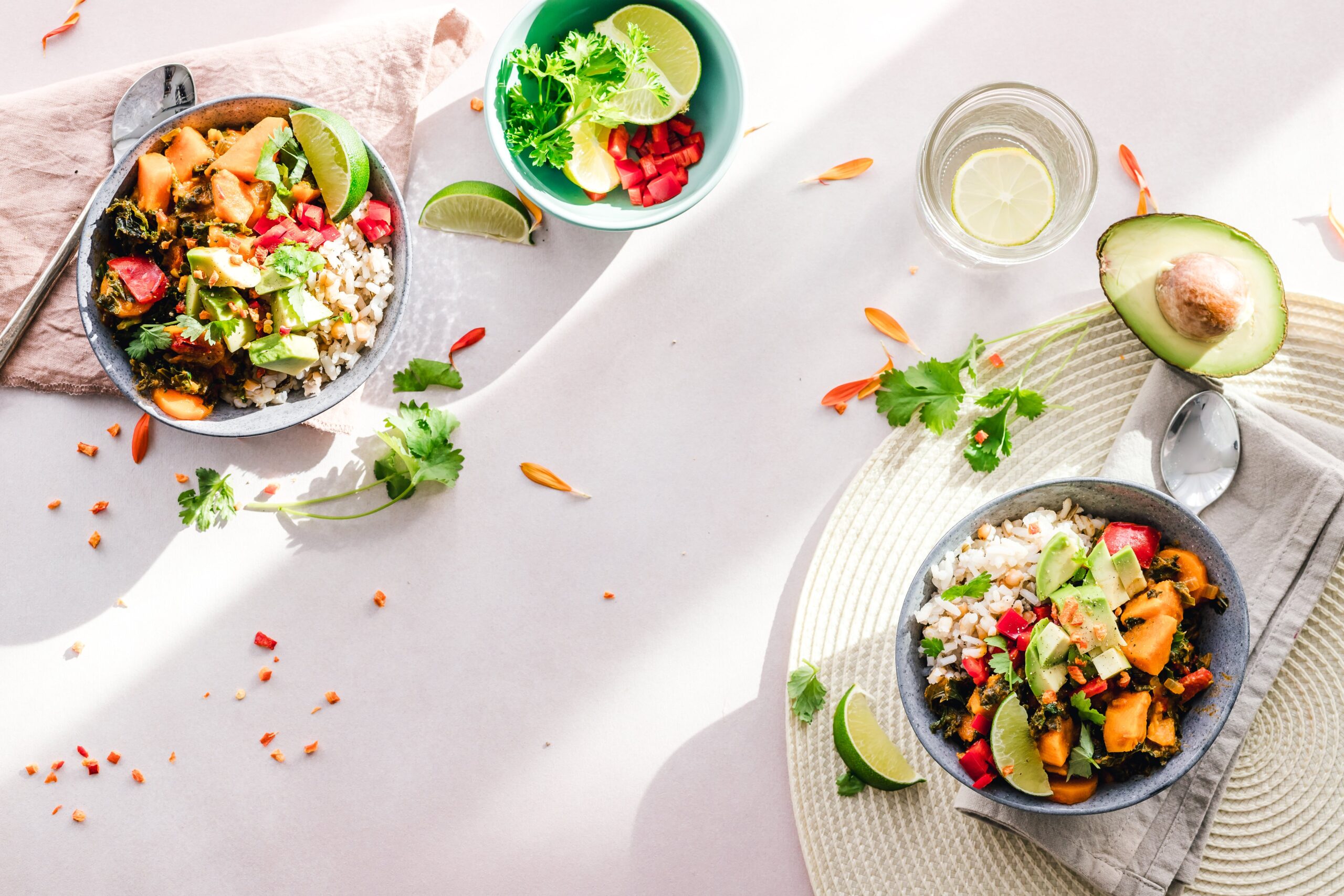Embarking on the 75 Hard challenge is not just a fitness journey—it’s a test of mental strength and self-discipline. Created by entrepreneur Andy Frisella, this challenge requires participants to commit to a daily routine of two 45-minute workouts, one of which must be outdoors, along with other non-negotiable tasks for 75 consecutive days. However, an important component of this transformative challenge lies in the adherence to a specific diet. Understanding the profound impact of nutrition on both our physical and mental well-being is the cornerstone of this journey, so today we will be addressing which 75 hard diet is best for you.
A healthy diet is not merely about shedding pounds; it’s a fuel for the mind and body. The food we consume directly influences our energy levels, mood, and overall performance. As participants push through grueling workouts and face mental challenges, the significance of a nourishing diet becomes increasingly apparent. Each dietary choice plays a crucial role in supporting the body’s endurance, recovery, and mental clarity during this rigorous process.
Now, let’s dive into the first diet—the Keto diet. This approach emphasizes a high-fat, low-carbohydrate diet, steering the body into a state of ketosis where it burns fat for fuel. By understanding the principles behind this diet and its relationship with the 75 Hard challenge, participants can fortify their mental and physical strength for the demanding journey ahead.
75 Hard Diet #1 – The Keto Diet
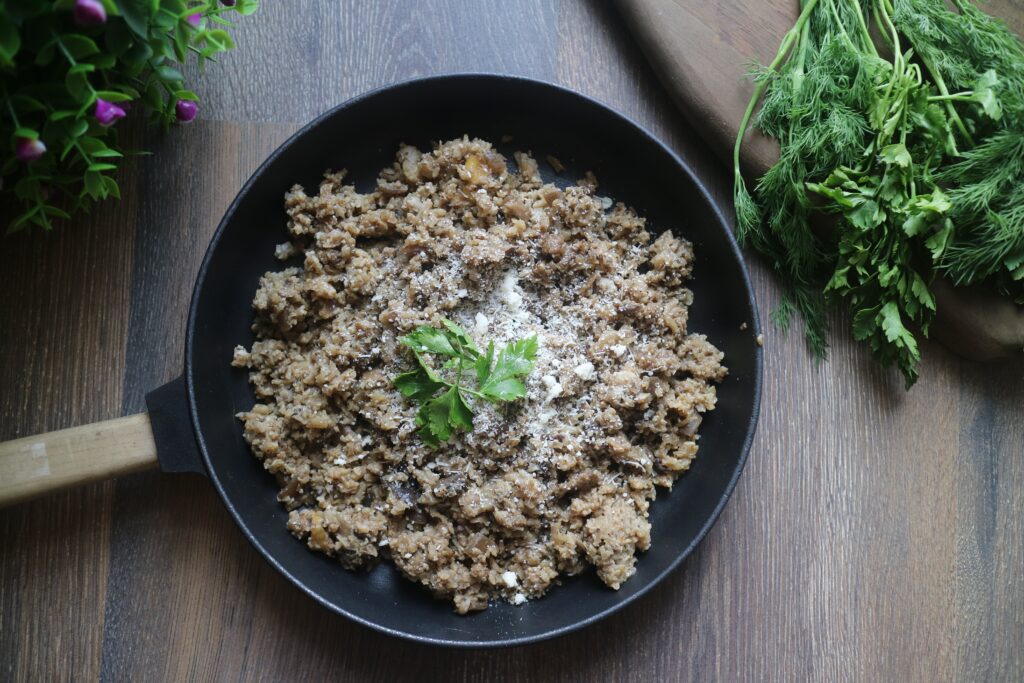
Choosing the Keto diet for the 75 Hard journey reveals a unique dietary journey. In this high-fat, low-carb adventure, participants pivot towards foods that fuel a metabolic state called ketosis. By swapping carbs for healthy fats, the body shifts its energy source, burning stored fat for fuel. Not only does this foster weight loss, but it also unleashes sustained energy levels, essential for conquering the daily dual workouts and mental challenges.
Navigating the Keto Challenge requires a careful selection of foods like avocados, nuts, and fatty fish, while steering clear of carbs. It’s not merely a nutritional shift; it’s a recalibration of energy storage. The mental clarity and endurance gained from this metabolic recalibration provide a strong foundation for the mental toughness demanded by the 75 Hard challenge.
As we savor the benefits of ketosis, a transition toward a different diet is possible—the Paleo diet. Departing from the realms of ketosis, the Paleo diet offers whole, unprocessed foods that mirror our ancestors’ diet. The focus here is on lean meats, fish, fruits, vegetables, and nuts, eliminating grains, dairy, and processed sugars. This diet evolution introduces a fresh perspective on nutrition, aligning with the 75 Hard philosophies of fortifying both body and mind. So, with ketones still humming through our systems, we step into the Paleo diet, where nutrition intertwines with the next phase of the mental and physical journey.
75 Hard Diet #2 – Paleo Diet
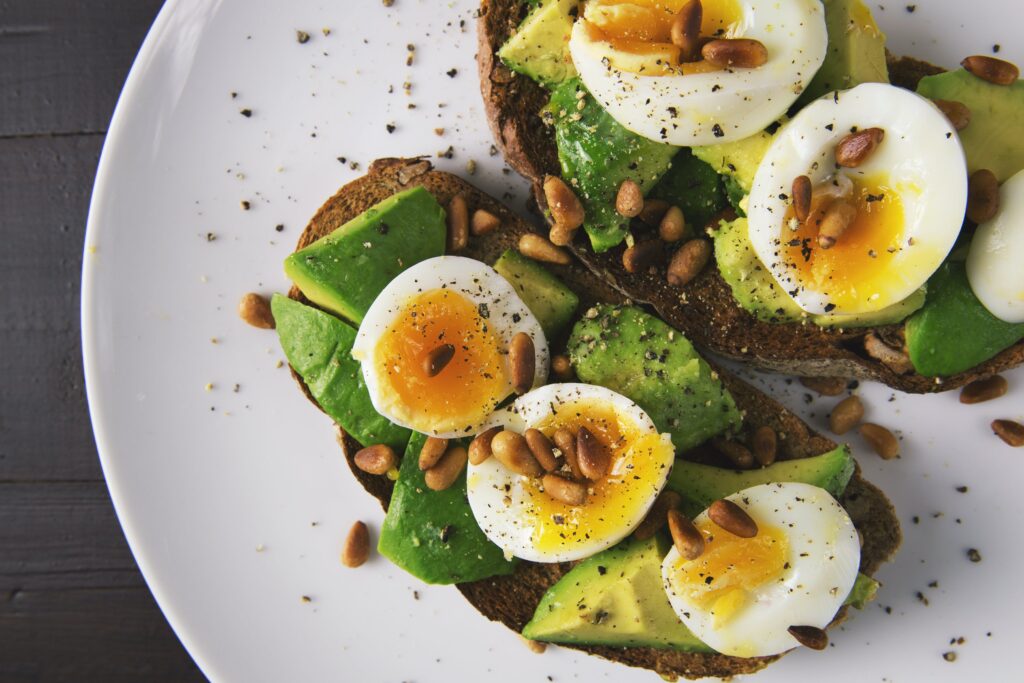
Entering the realms of the 75 Hard challenge’s second dietary realm, the Paleo diet unfolds as a nutritional emphasis on our ancestral past. Embracing whole, unprocessed foods, this challenge mirrors the diet of our hunter-gatherer forebears. Lean meats, fish, fruits, vegetables, and nuts take center stage, while grains, dairy, and processed sugars are excluded. It’s more than a dietary shift; it’s a return to basics, emphasizing nutrient-dense, real foods.
Amidst the crunch of fresh vegetables and the sizzle of lean meats, participants discover the profound impact of wholesome nutrition on both body and mind. The Paleo diet not only fuels physical strength but also nurtures mental flexibility—both vital components of the 75 Hard journey. As we understand the appeal behind this approach, the path forward unfolds into the Plant-Based Challenge.
Transitioning from the meat-centric embrace of Paleo, the Plant-Based diet takes center stage with a burst of fruits, vegetables, grains, and legumes. Here, participants explore the vibrant world of plant-based nutrition, a shift that not only aligns with the 75 Hard philosophy but also serves as a testament to the adaptability of the human spirit. In this chapter of the challenge, we delve into the richness of plant-powered foods.
75 Hard Diet #3 – Plant-Based Diet
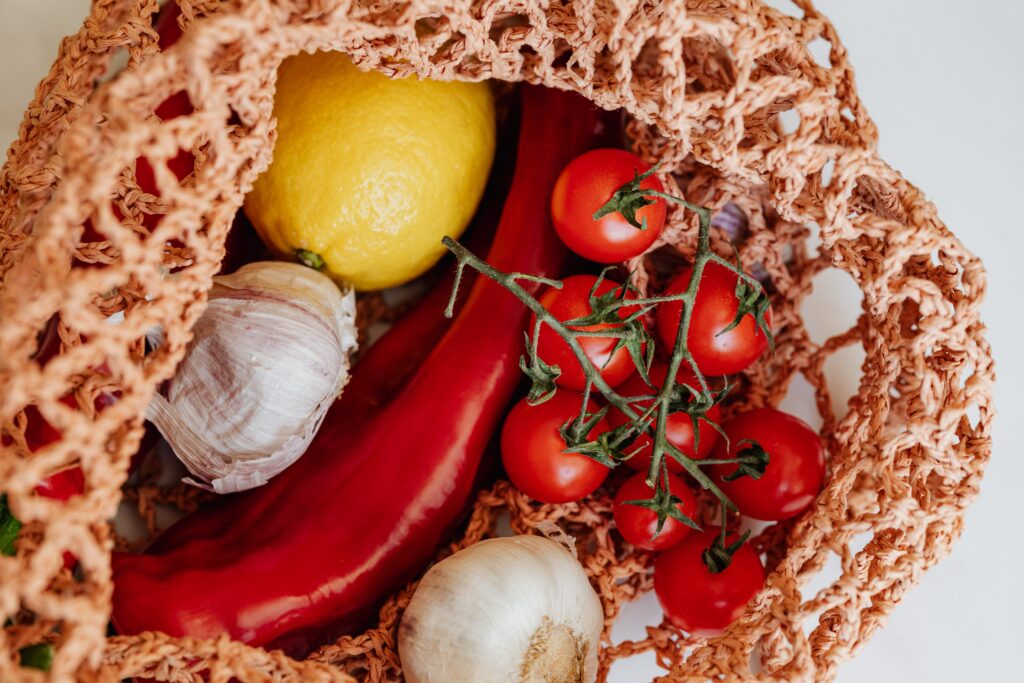
Navigating the 75 Hard challenge’s diverse dietary landscape, we now embark on the Plant-Based diet. This phase unfolds as a celebration of fruits, vegetables, grains, and legumes, steering participants toward a nutritionally rich, plant-powered journey. Embracing this diet is not just a dietary pivot; it’s a conscious shift toward compassionate and sustainable eating, aligning with the ethos of the 75 Hard challenge.
In the plant-powered realm, colorful salads, hearty bean dishes, and nutrient-packed smoothies take center stage, offering a variety of flavors that nourish both body and spirit. The Plant-Based diet not only champions physical strength but also underscores the profound impact of mindful eating on mental strength—a cornerstone of the 75 Hard philosophy.
Yet, as we relish the crispness of fresh produce and the wholesome simplicity of plant-based fare, a culinary crossroads awaits—the Intermittent Fasting approach. Departing from the constant eating, this challenge introduces a rhythmic pattern of eating and fasting, providing a unique perspective on nutrition. Intermittent fasting not only promotes fat metabolism but also offers a reset for the digestive system, fostering a sense of balance and discipline.
The transition into the Intermittent Fasting Challenge is not merely a shift in eating patterns; it’s an exploration of the body’s innate rhythm. Participants step into a nutritional balance, where periods of nourishment seamlessly mix with moments of intentional fasting. As the ticking clock becomes a culinary guide, the journey through the 75 Hard challenge enters a new dimension of metabolic awareness and mindful consumption.
75 Hard Diet #4 – Intermittent Fasting

Embarking on the 75 Hard challenge’s Intermittent Fasting unfolds a challenge of nourishment versus restraint. This diet shift extends beyond what to eat and focuses more on when to eat. Participants embrace structured periods of eating, mixed with intentional fasting, creating a dynamic approach to nutrition. The benefits extend beyond weight management, tapping into the body’s natural rhythm, fostering discipline, and promoting metabolic flexibility.
In the realm of intermittent fasting, participants discover that the ticking clock becomes not just a measure of time but a flow of nourishment. As the body learns to navigate the spaces between meals, a sense of heightened awareness permeates both physical and mental realms. Intermittent Fasting, with its cyclical dance of consumption and restraint, lays a foundation for the 75 Hard journey’s mental resilience.
Yet, as the clock continues a transition to a different diet is also possible—the Mediterranean Diet. Departing from the temporal constraints of intermittent fasting, this diet introduces participants to the sun-soaked flavors of the Mediterranean, emphasizing olive oil, fish, nuts, and an abundance of fresh produce. It’s not merely a shift in eating habits; it’s an exploration of a lifestyle rooted in the heart-healthy traditions of the Mediterranean region.
Transitioning into the embrace of the Mediterranean Diet, participants savor the richness of this culinary tapestry, basking in the nutritional bounty that aligns with the 75 Hard philosophy. As the Mediterranean breeze carries the fragrance of olive oil and the zest of citrus, the journey through the 75 Hard challenge takes on a savory and heart-healthy note, ready to unfold new chapters of resilience and vitality.
75 Hard Diet #5 – Mediterranean Diet
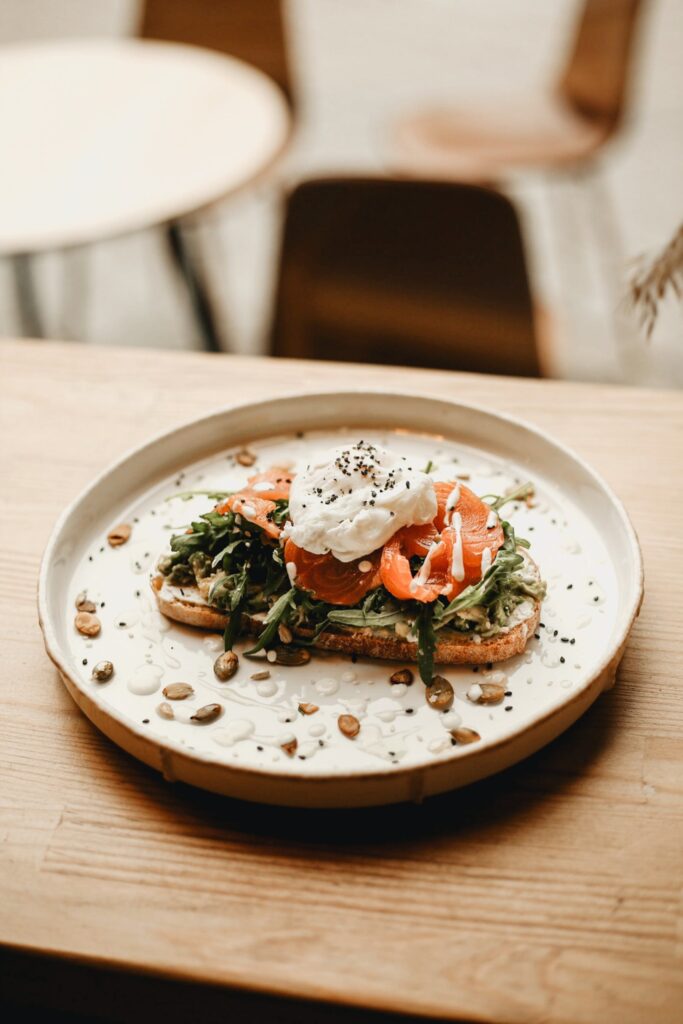
In the Mediterranean Diet, participants find themselves immersed in a journey that transcends sustenance—it’s a celebration of heart-healthy traditions. Anchored in the culinary legacy of the Mediterranean region, this challenge spotlights the vibrancy of olive oil, the omega-3 richness of fish, the crunch of nuts, and an abundance of colorful fruits and vegetables. It’s not just a dietary shift; it’s a lifestyle exploration that mirrors the 75 Hard commitment to holistic well-being.
As participants revel in the sun-soaked flavors and nutrient-dense fare, the Mediterranean Diet becomes a testament to the synergies between good nutrition and mental resilience. The anti-inflammatory and antioxidant-rich elements of this diet not only support physical health but also fortify the mind—a crucial component of the 75 Hard challenge.
Transitioning into the Low-Carb diet, participants recalibrate their nutritional compass, navigating a dietary landscape that prioritizes protein and healthy fats. This shift isn’t just about what’s on the plate; it’s a deliberate exploration of how different macronutrients fuel the body and mind. As the journey through the 75 Hard challenge advances, the Low-Carb diet stands as a beacon of nutritional adaptability, guiding participants toward a deeper understanding of their bodies and the nature of mental and physical resilience.
75 Hard Diet #6 – Low Carb Diet
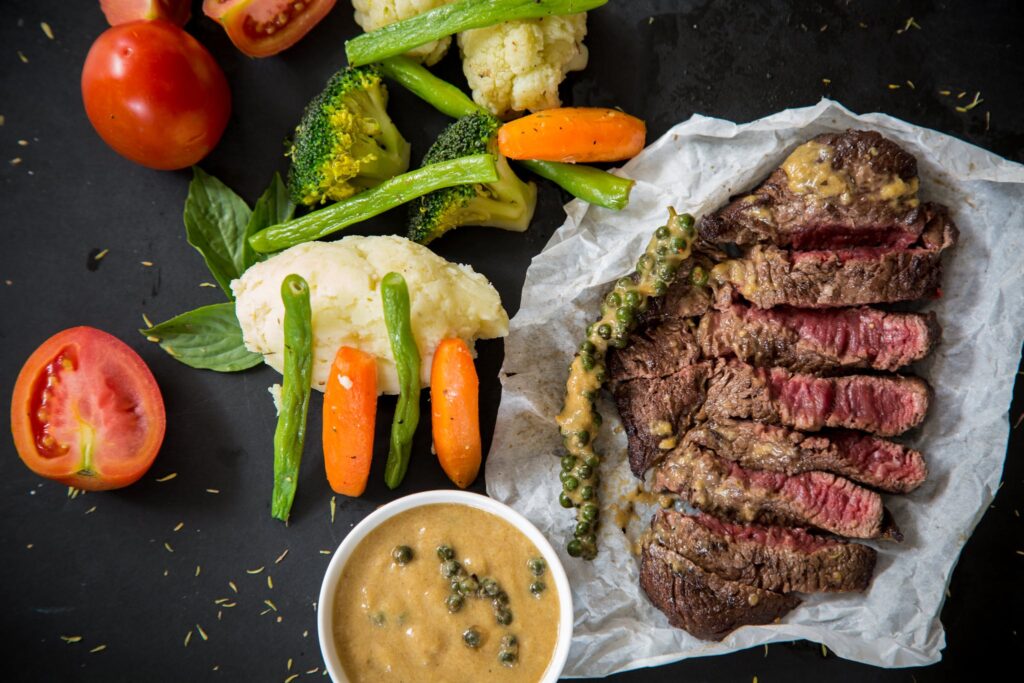
This dietary chapter revolves around intentional moderation of carbohydrates, emphasizing proteins and healthy fats. It’s not just a reduction in carb intake; it’s a recalibration of energy sources, fostering metabolic adaptability. As participants navigate the low-carb landscape, they discover the interplay between macronutrients and their impact on physical vitality and mental clarity—a pivotal facet of the 75 Hard journey.
In the midst of lean proteins, leafy greens, and satiating fats, the Low-Carb diet becomes a testament to the diverse approaches within the challenge, each unveiling unique insights into the intricate relationship between diet and mental resilience. The intentional moderation of carbohydrates propels participants toward a heightened awareness of their nutritional needs, fostering adaptability and fortitude.
Transitioning into the Whole30 Challenge, participants embrace a dietary reset, immersing themselves in a month-long commitment to whole, nutrient-dense foods. This transition not only marks a pivotal moment in the 75 Hard journey but also signals a profound exploration of how the body responds to different dietary interventions. As the Whole30 Challenge beckons, participants prepare for a period of culinary introspection and wholehearted commitment to optimal well-being.
75 Hard Diet #7 – Whole30 diet

Entering the final nutritional chapter of the 75 Hard challenge, participants step into the Whole30 diet—an intensive 30-day reset that reframes the relationship between food and body. Whole30 advocates the elimination of potentially inflammatory food groups, including grains, dairy, legumes, added sugars, and artificial additives. This dietary reset serves as a profound exploration of how specific foods impact overall health, aiming to identify and address potential sources of inflammation and discomfort.
As participants commit to this month-long journey of whole, unprocessed foods, the Whole30 diet becomes a culinary introspection, not just in terms of what is consumed but in understanding how certain food groups influence individual well-being. The intentional elimination of specific items is not just a restriction; it is an opportunity for the body to heal, reset, and build resilience.
Transitioning into the maintenance post 75 hard, participants must navigate the delicate balance between newfound nutritional wisdom and sustaining the benefits gained throughout the 75 Hard journey. As the challenge draws to a close, this transition marks the culmination of a transformative dietary odyssey, equipping participants with a holistic understanding of nutrition’s profound impact on both mental and physical resilience.
Conclusion
In conclusion, the 75 Hard challenge represents not just a physical and mental crucible but a holistic journey of self-discovery through diverse dietary landscapes. From the fat-fueled voyage of the Keto diet to the plant-powered celebration of the Mediterranean Diet, each nutritional chapter unveils unique insights into the intricate relationship between food and resilience.
Beyond the dietary shifts, this challenge fostered a profound understanding of the symbiotic dance between nutrition and mental fortitude. The intentional restrictions and subsequent reintroductions emphasized not just discipline in diet but a keen awareness of individual responses to specific foods. The transformative power of nutrition in shaping physical vitality and mental clarity stood as a testament to the interconnected nature of holistic well-being.
